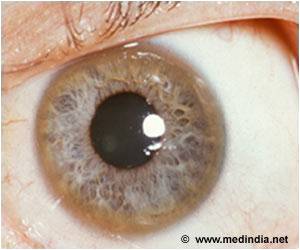Preliminary research shows that Non-ergot derived dopamine agonists used to treat Parkinson's disease may be safe for the heart.

Dr Erken Pamukcu said: "Parkinson's disease is a neurological disorder that occurs in nearly 1% of the world's population over 60 years of age and in 4% of people over 80 years of age. Various drug treatments are available. Ergot derived dopamine agonists were often used in the past but today their usage is not preferred by most neurologists worldwide because they caused fibrotic heart valve disease and fibrosis in other tissues."
She continued: "Today, non-ergot derived dopamine agonists are widely used in daily clinical practice but recent studies have suggested that the non-ergot derived dopamine agonist pramipexole increases the risk of heart failure. In September 2012 the US Food and Drug Administration (FDA) informed the public about a possible increased risk of heart failure with pramipexole but the studies were inconclusive and the review is ongoing."1
The current study was designed to investigate whether the use of pramipexole and ropinirole, both non-ergot derived dopamine agonists, was associated with heart failure. Heart failure was deemed to occur if patients had asymptomatic myocardial dysfunction and deterioration of myocardial systolic function. These were assessed by examining left ventricular function using two-dimensional strain echocardiography.
The same measurements were made in patients taking levodopa, a drug commonly used in Parkinson's disease that does not have any adverse cardiac effects. Dr Erken Pamukcu explained: "We could not create a control group of Parkinson's disease patients who were not taking any drugs because most of these patients take one or more drugs. We therefore used patients taking only levodopa as a control group."
The study included 55 patients with Parkinson's disease, of which 24 were taking levodopa alone, 18 were using levodopa and pramipexole and 13 were using levodopa and ropinirole. The mean age of the study population was 63 years. There were no significant differences between groups in age, sex or presence of hypertension.
Advertisement
Dr Erken Pamukcu said: "Our measurements of left ventricular function produced similar values in all three treatment groups. We did not detect any evidence of asymptomatic myocardial dysfunction or deterioration of systolic function in patients taking pramipexole or ropinirole."
Advertisement
Dr Erken Pamukcu concluded: "We believe this is the first study to assess left ventricular function using two-dimensional strain echocardiography in Parkinson's disease patients taking non-ergot dopamine agonists. This may be a new approach to study the cardiac effects of these drugs. Larger studies are needed to confirm our results."
Source-Eurekalert














